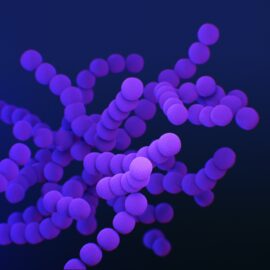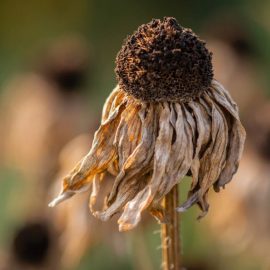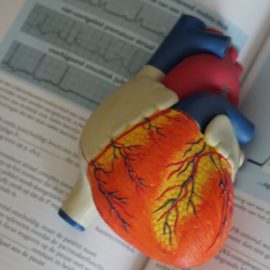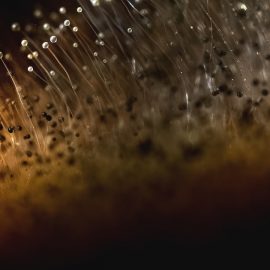
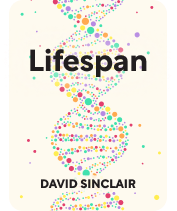
This article is an excerpt from the Shortform book guide to "Lifespan" by David Sinclair. Shortform has the world's best summaries and analyses of books you should be reading.
Like this article? Sign up for a free trial here .
What is hormesis? How can you activate the process of hormesis in your body?
Hormesis is the process by which our bodies become stronger in response to stressors like hunger, extreme temperatures, and physical damage. Hormesis activates numerous survival mechanisms, such as conserving resources and repairing cellular damage.
Here’s how we can take advantage of hormesis not just to extend our lives, but to improve our quality of life as well.
Understanding Hormesis
What is hormesis? Hormesis refers to adaptive responses of the bodily systems in response to stressors or challenges. We employ hormesis in various ways, such as dieting, exercising, and sitting in saunas. However, Sinclair says that recent and upcoming scientific advancements will allow us to control these processes more effectively and efficiently—for example, we might be able to use an injection to strengthen our muscles without the need for exercise.
(Shortform note: In Antifragile, Nassim Nicholas Taleb tells us that the toxicologist Hugo Schulz first discovered hormesis when he noted that small doses of particular toxins would actually cause yeast cells to grow and reproduce more quickly—though higher doses would kill the yeast as expected. From this, we can see that hormesis has limits; the key is to use mild stressors, like hunger, instead of severe stressors like starvation.)
According to David Sinclair, fasting triggers your body’s stress responses without causing malnutrition. He suggests several different variations of IF (intermittent fasting), saying that it’s currently unclear which method is best, but all are beneficial:
- Set aside 8 hours a day where you’re allowed to eat, and fast the rest of the time (the 16:8 method).
- Reduce your calorie intake by 75% for 2 days a week (the 5:2 method).
- Eat no food for a week once per quarter.
Sinclair also says that a vegetarian diet can activate hormesis. The relatively low levels of certain proteins (as compared with meat) can trigger our survival mechanisms in the same way that calorie restriction does.
(Shortform note: In addition to triggering hormesis, vegetarian diets tend to be relatively low in fat, sodium, sugar, and cholesterol compared to meat-heavy diets. Scientists believe that a vegetarian diet reduces the chance of heart disease, cancer, and diabetes, lowers blood pressure, and strengthens bones.)
Finally, Sinclair says that exercise (which, by definition, puts stress on our bodies) can greatly extend our lifespans. For example, researchers have found that exercise lengthens and protects telomeres. Telomeres are small complexes of DNA and proteins at the ends of our chromosomes that get shorter each time a cell divides. When the telomere runs out, the cell stops dividing—leading to many of the problems of old age. Therefore, lengthening telomeres can literally keep our bodies younger for longer.
Sinclair adds that exercising in low temperatures appears to boost the youthening effects of exercise, most likely due to combining the stress of working out with the stress of being exposed to cold.
(Shortform note: It doesn’t take a lot of exercise to significantly improve your health. Researchers found that 150 minutes (two and a half hours) of moderate exercise each week increased life expectancy by about seven years, and that active 70-year-olds had hearts, lungs, and muscles that were as strong as some 40-year-olds’.)

———End of Preview———
Like what you just read? Read the rest of the world's best book summary and analysis of David Sinclair's "Lifespan" at Shortform .
Here's what you'll find in our full Lifespan summary :
- Why biologist and geneticist David Sinclair believes old age is a curable disease
- The potential problems of a world where people never die
- How the elderly stifle the economy

